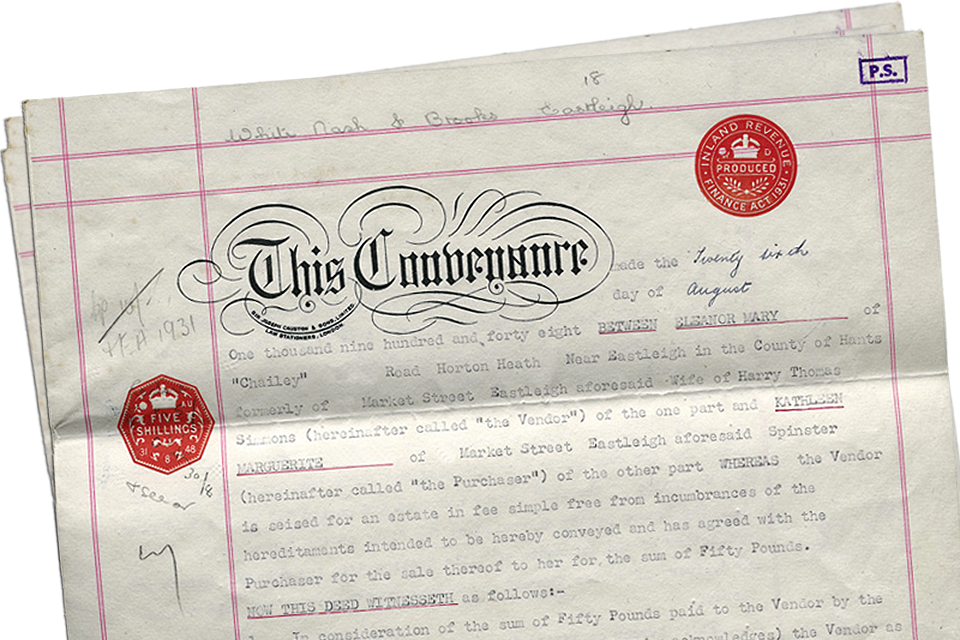
What happens if a judgment mortgage is granted against one owner of a property held as a joint tenancy. How is the other owner affected, if at all?
The High Court looked at this question in the case of ADM Mersey PLC v Bergin and Another [2020] IEHC 3, a decision handed down in January, 2020.
In this case property in Kilkenny was jointly owned by a father and son.
The son had borrowing difficulties and a lender obtained judgment in 2010 against the son and his wife and registered this judgment as a judgment mortgage on the property jointly owned by the son with his father.
In 2013 the father changed his will to leave the land in question to his two grandchildren.
Then the father and son changed the ownership of the land from a joint tenancy to a tenancy in common. The purpose of this move was to ensure the father’s interest in the land could not be attacked by the son’s creditors as both father and son would now have a clear, divided interest in the property with each one owning a certain percentage.
Joint tenants versus tenants in common
It is important to understand the significant difference between land owned as joint tenants and as tenants in common.
If land is owned in a joint tenancy by two parties and one passes away the land passes automatically to the other joint tenant by reason of the doctrine of survivorship. However, if the land is owned as tenants in common the interest of the deceased owner can go anywhere he chooses. In this case, the father chose to leave it to his grandchildren.
The father died and his interest in this property then passed, in accordance with his will, to his two grandchildren.
ADM Mersey plc sought to enforce their judgment and they argued that when they registered their judgment mortgage the property was a joint tenancy and the entire property should have passed to the other joint tenant-the son-when the father passed away.
In effect, they were arguing that the purported passing of the father’s interest to the grandchildren should have been ignored as their judgment mortgage was in place first.
High Court
Mr Justice Allen decided there was nothing wrong with the father attempting to put his interest in the land beyond the reach of ADM Mersey plc.
He held that the judgment mortgage only attached to the son’s interest in the land, the tenant in common interest.
He also held that the judgment registered against the son did not affect the father’s interest in the land, who was a joint tenant at the time of registration of the judgment.
Also, the judgment mortgage did not attach to the lands at Kilkenny but only to the son’s interest in those lands.
The judgment mortgage did not sever the joint tenancy nor did it prevent the father from doing so.
The severing of the joint tenancy by the father and son in 2013 was effective in creating a tenancy in common and ADM Mersey PLC’s judgment mortgage only attached to the son’s interest as a tenant in common. Thus, the grandchildren’s interest was unaffected.
Takeaway
Even if a judgment mortgage is registered against one owner of a property that is held in a joint tenancy that joint tenancy can still be severed and converted to a tenancy in common. This allows the non debt owing owner to put his interest in the property out of reach of the lender who has the judgment against the other owner.
Read the full decision in A.D.M. Mersey PLC v Bergin & anor, delivered on 14th January 2020 in the High Court.